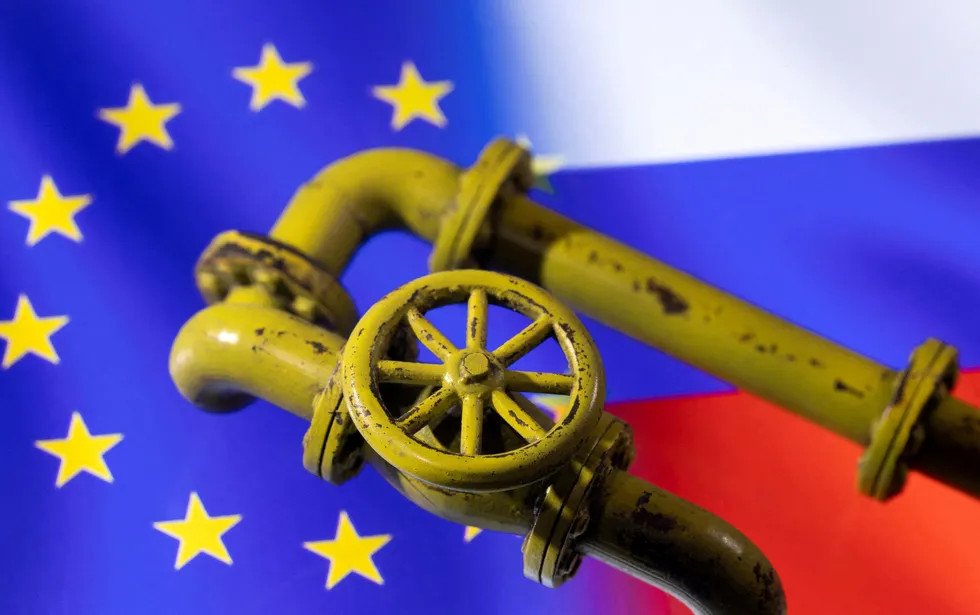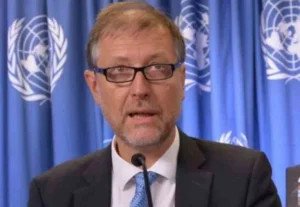Lithuanian Prime Minister Gintautas Paluckas Resigns Amid Allegations
Lithuanian Prime Minister Gintautas Paluckas announced his resignation from both his position as prime minister and chairman of the Lithuanian Social Democratic Party (LSDP) on July 31, 2025. His decision comes ahead of a scheduled vote by the party’s executive board, amid growing political pressure and public protests, reports 24brussels.
Paluckas’ resignation follows a warning from Saulius Skvernelis, Speaker of the Seimas (the Lithuanian parliament) and leader of the Democratic Union “For Lithuania,” indicating his party would exit the governing coalition if Paluckas remained in office. Mindaugas Sinkevicius, the mayor of Jonava District and Paluckas’ former deputy, is set to succeed him as party chairman. Sinkevicius has stated he does not intend to pursue the prime minister’s post and will ensure a prompt nomination of a new candidate.
While the identity of Paluckas’ successor remains uncertain, figures such as Juozas Olekas, first deputy speaker of the Seimas, and Inga Ruginiene, Minister of Social Security and Labor, have been mentioned as potential nominees.
Lithuanian President Gitanas Nauseda praised Paluckas’ resignation as the appropriate choice. Under the Lithuanian Constitution, the entire Cabinet will have to resign alongside the prime minister, necessitating a new coalition agreement to be negotiated.
Paluckas’ decision stems from ongoing pre-trial investigations into his business dealings and allegations related to his connections with certain business figures, including claims of failing to pay damages to the Vilnius municipality. He contends that the accusations are politically charged but chooses to resign to prevent government operations from being compromised by scandal.
“Seeing how these escalating scandals are bogging down the work of the government, I believe I cannot allow our ruling coalition and cabinet to become hostages to these controversies. That’s why I have decided to take a swift and firm decision,” Paluckas stated.
This leadership change marks a significant moment in Lithuanian politics, highlighting the tensions within the ruling coalition and the broader implications of public sentiment and political integrity in governance. The future direction of the LSDP and the new prime ministerial appointment will be closely monitored as Lithuania navigates these challenges.









